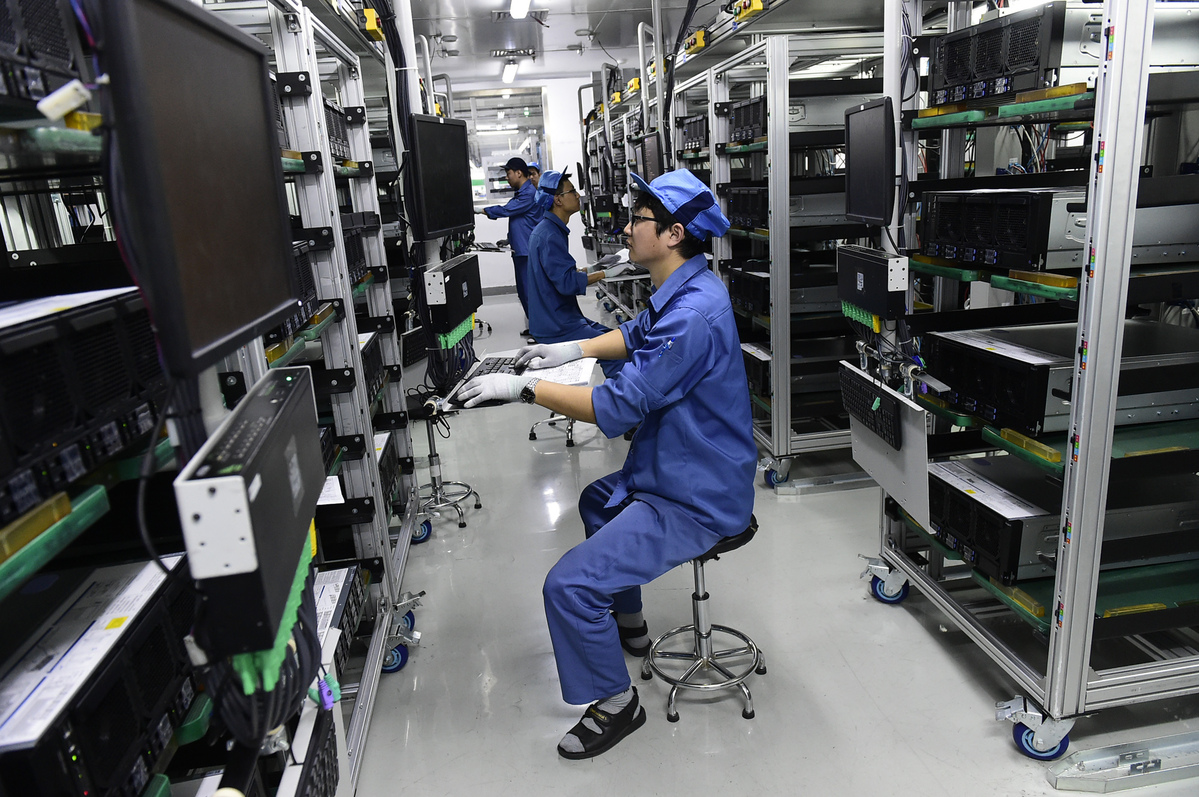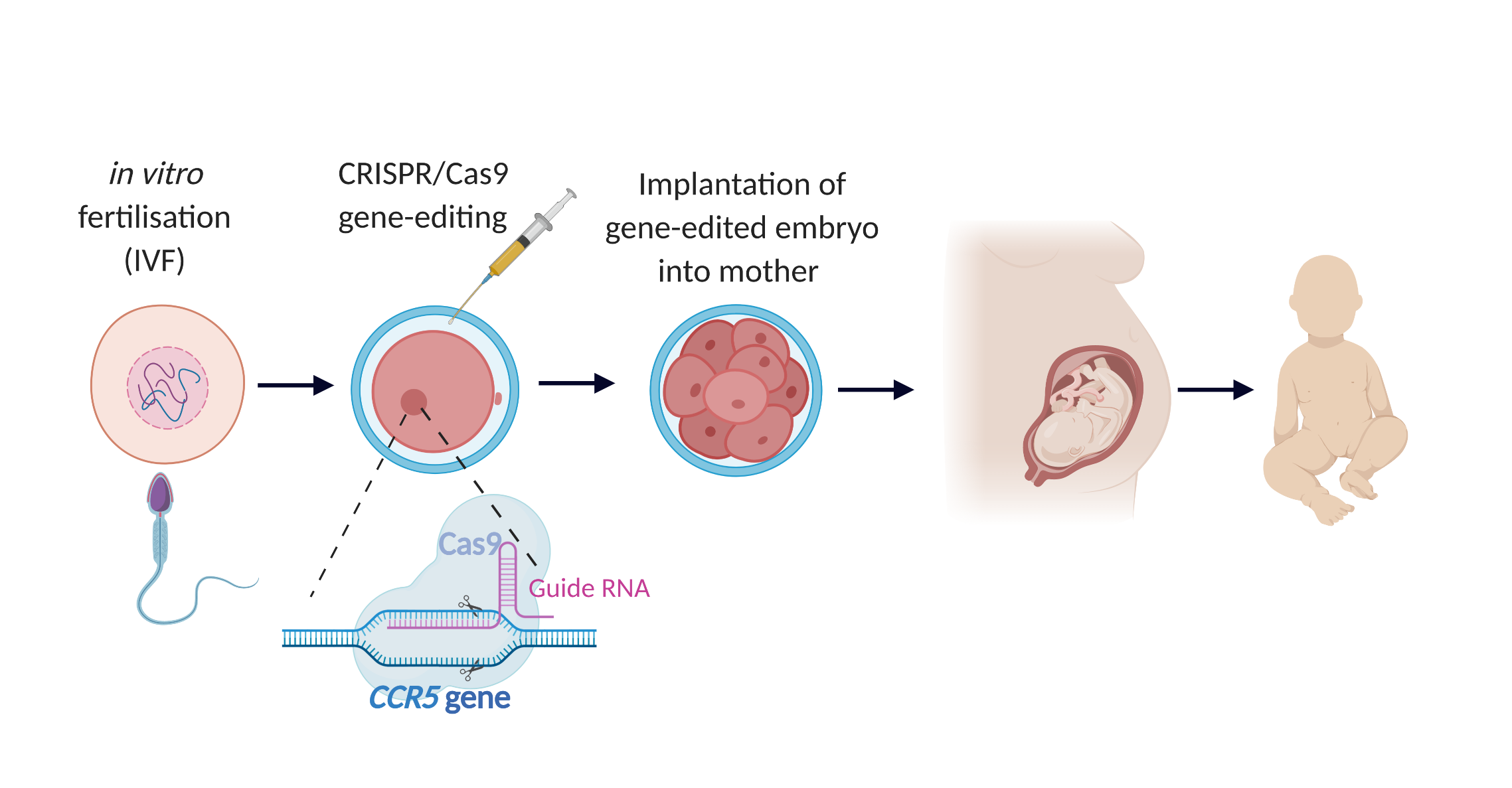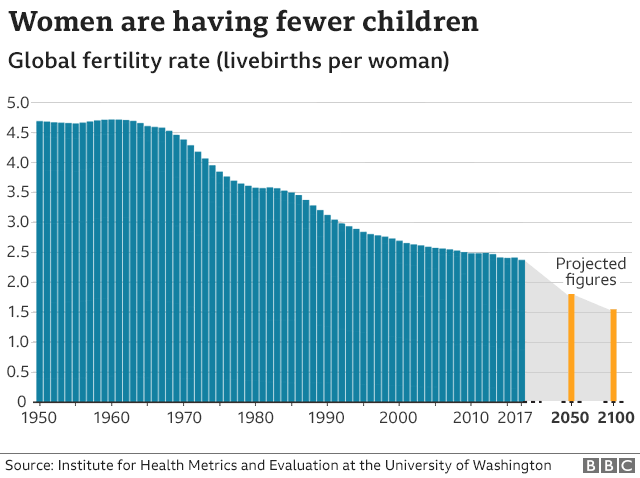Biosecurity
Ultimately, as a society, we are socially responsible to learn from the past mistakes we have made in history in an attempt to avoid public controversy over the introduction of new technologies. It is up to us as the people to pick apart and express concerns about technologies like synthetic biology before lawmakers officially implement them. 
In efforts to gain the largest genetic database in the world, China is using both legal and illegal ways to collect genetic data on people on a global scale. Artificial intelligence and synthetic biology are revolutionizing the way that our society is run, and while more and more advancements are made in the U.S., our bioeconomy and personal biological data are being put at a greater risk of being disrupted and stolen by the Chinese government. Although the risk this puts Americans at may not be overt to the average citizen, one thing to take major note of is the fact that the Beijing military has been noted to use the genetic data they have collected to track down minority groups. Additionally, in 2013, a Chinese company, BGI, purchased an American genomics firm, and now has access to millions of Americans’ genomic data. Because testing in synthetic biology calls for the collection and experimentation of many Americans’ genomes, a lack of cautiousness could pose a major national security threat to the United States. China has been in a race with the U.S. for decades to gain an upper hand, using our data, to have the advantage in synthetic biology. Ultimately, if the Chinese government gets ahold of American genetic data, and is able to steal American advancements in synthetic biology, the U.S. healthcare system will have an irreversible dependence on China, which will lead to Americans relying heavily on healthcare advice, pharmaceuticals, and genome-editing technologies from a foreign country. Additionally, while synthetic biology will expose a mass amount of personal information about individual citizens, if our government and healthcare technology are not secure enough, we risk increasing the chances of bioterrorism and biowarfare.
Biosafety
With the implementation of synthetic biology around the corner, people across all societies will be threatened by numerous biosafety concerns. When referring to biosafety concerns, synthetic biology poses a major threat in releasing dangerous biological agents within the environment and in humans by disrupting the natural biological processes. Additionally, other biosafety concerns that need to be addressed under synthetic biology are containment principles, facility design, and prevention tactics to reduce the risk of releasing harmful infections/organisms into the environment.
While modifying the genomes of organisms may decrease the risk of certain diseases, help prevent further damage to our planet, and allow us to more sustainably create food, we still don’t know the long-term effects of synthetic biology on both living organisms (like people), and the ecosystem/environment. One of the more common scientific approaches used in the past for genetic modification has been the “comparison approach.” For example, to test genetically modified plants (GMO’s), scientists have tested the way that the GMO plants interact with our environment in comparison to how the original non-GMO plant interacts with it. Unfortunately, because synthetic biology is so complex, and involves manipulating multiple genes in the same organism, the comparison approach is not applicable to it. Nevertheless, scientists must find a new approach to test the biosafety of synthetically touched organisms on human health and environmental safety.
Some of the potential biosafety risks that synthetic biology may enhance are new allergic reactions, resistance to antibiotics, new environmental carcinogens, and the accidental release of synthetic organisms during the testing period. Because scientists are using bugs to test genetic editing, the accidental release of what is called “Superbugs,” bugs that are able to self replicate and produce antibiotic resistance, poses major biosafety concerns for human health. Ultimately, if even a few of these bugs are accidentally released, they can mass reproduce and counteract the way humans react to antibiotic treatments. Additionally, while scientists experiment and begin to implement minor uses of synthetic biology into our societies, they risk releasing other harmful or infectious agents into the environment, which could cause a major decline of health in humans across the board. An international decline in health could cause a major pandemic, similar to what we have seen in our past history, for example, the flu, the black death, the plague, and… coronavirus. Again, although synthetic biology will allow us to advance our healthcare system in many fundamental ways, we risk having a prolonged period of things getting worse before they get better and history repeating itself if we aren’t careful enough
Overarching Socio-Ethical Implications
The fact is, life and man-made machines are merging to form a new category: synthetic biology. This means that there will be a tremendous impact on our society, and how in the future, our society will develop a new ethical standard. As scientists manipulate organisms to do things that they were never naturally intended to do, they are testing the limits of safety.
An overarching societal and economical concern of synthetic biology is assessing who will be able to use it and why. These advanced technologies will have a significant impact on our bioeconomy, while having the potential to benefit one group of people and destroy another. One main thought that comes to mind is how our government will address how synthetic technology will affect the marginalized groups of our society. While in our current society we already witness the controversy and polarization of whether healthcare is a right or a privilege, how will our government determine whether synthetic biology should be offered to all, or to those who can fundamentally afford it? Having the bigger picture in mind, what will happen to our third-world countries who heavily rely on natural materials as the foundation to their society and healthcare system? While scientists will slowly replace natural organisms with synthetic ones, we risk driving naturally growing crops, naturally breeding animals, and our earth’s ability to reproduce its natural resources completely extinct.
The social implications of synthetic biology aren’t all bad. Ultimately, as a society, creations in synthetic biology will allow us to elevate our immune system functions, have faster response times to viruses, and combat viral infections better than we ever have before. For example, during the coronavirus, we saw widespread use of synthetic biology to aid in overcoming a global pandemic: the use of mRNA manipulation. Essentially scientists were able to take a piece of human mRNA, the mRNA responsible for responding to a specific virus, and manipulate its proteins to synthetically create a new blueprint of how it operates within our bodies. Basically, the mRNA vaccine allows our bodies to naturally produce the prominent protein in the virus, so our cells can create antibodies against the virus, and we can have a natural immune response to it. Unfortunately, the average person lacks awareness that a tool like the mRNA vaccine is even considered synthetic biology. Because of the lack of societal awareness of what synthetic biology is and how it works, an understanding of the potential damages that other disruptive technology can have on our society is overlooked.
For example, advancements in CRISPR technology will allow healthcare officials and scientists the ability to manipulate specific human genomes and redesign cells. The ability to redesign our cells will grant doctors the ability to synthetically boost the average human immune system, and edit out defects and pre-existing diseases not only in stand-alone organisms (like humans) but also prenatally. Although this sounds like the perfect universe, who will be granted the accessibility for tools like this? In order for synthetic biology to functionally work within our society, there needs to be a clear draw between the use of genome-editing for actual biological setbacks, and the use of it to enhance our human abilities and physical features. If the use of something as amazing as genome-editing is only offered to people with adequate health insurance, or to people who can afford its perks in general, our social welfare state will be in even more trouble than it already is. The gap between socioeconomic groups will widen even further, leaving the poor to fend for themselves while the economically advantaged get the bathe in all of the perks that synthetic biology has to offer.
The necessity to integrate a new varied scientific perspective has never been so imperative. If scientists approach the implementation of synthetic biology from a purely scientific standpoint, the repercussions will be irreversible. The integration of social science discussions needs to be prevalent throughout the assessment of the societal implications that synthetic biology will have on the vast array of communities across the world.
Although it has the ability to create a new society in which humans no longer will face the threat of terminal illness, viral infections, food scarcity, or pre-existing diseases, it may also give our society access to resources that, from a practical standpoint, are unnecessary and unethical. Ultimately, synthetic biology is a complex scientific process, yet many of the implications it brings can not be answered or implemented using science alone. Because this technology will disrupt an array of groups and subgroups, there needs to be a significantly large group of stakeholders considered in the implementation process.
Demographic Trends
Looking at demographic trends (i.e., the “Baby Bust” – birthrates falling), would birthrates eventually increase because we would have the available technology to fix any genetic/organ abnormality through the use of stem cells before the baby is born? The Baby Bust is not only due to the growing debt of millennials and later generations (student loan debt), causing them to not want to raise children, but also because the global fertility rate has decreased significantly. For example, a study done by The Lancet, a weekly peer-reviewed medical journal, states that the increase in female education and access to contraceptives are some of the leading factors of the decrease in fertility. However, in historically over-populated countries such as China and India, there are more environmental and geopolitical consequences, as opposed to social decisions in Western countries. As we can see here, while synthetic biology can be a major contributing factor for the increase in fertility for biological reasons, the impending surveillance capitalism implications are getting in the way of putting this technology to use.
